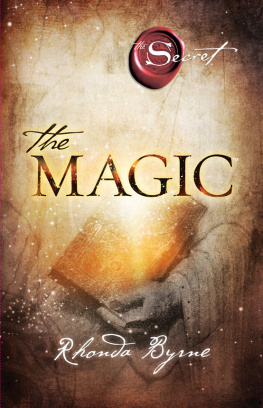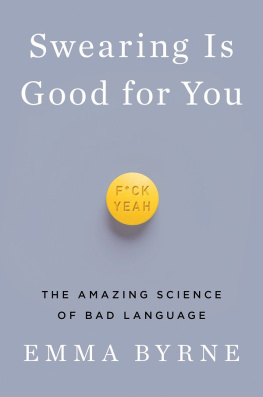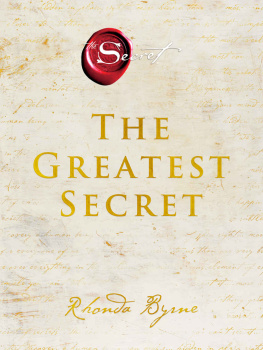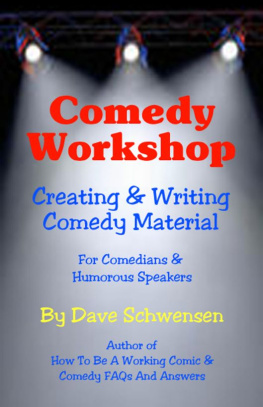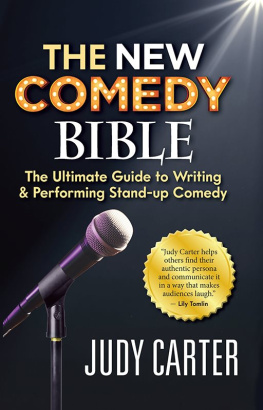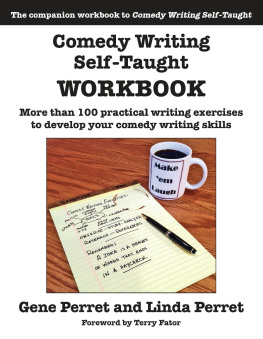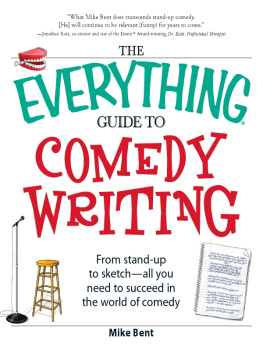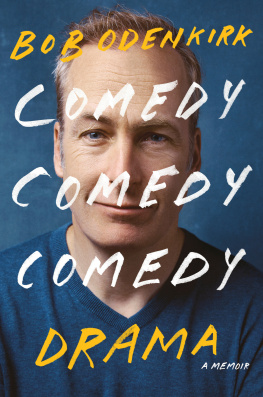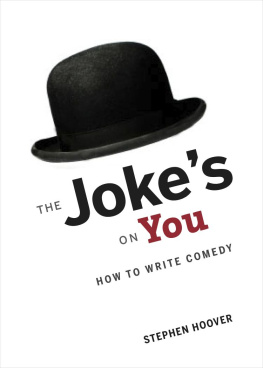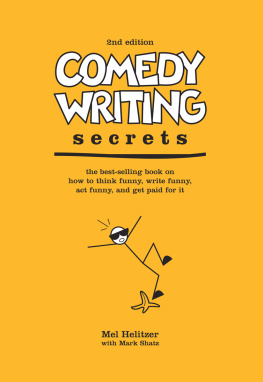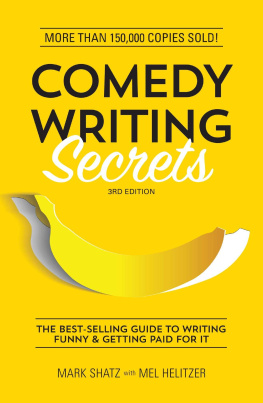
Published by Bloomsbury Publishing Plc 2012
1 3 5 7 9 10 8 6 4 2
Bloomsbury Publishing Plc
50 Bedford Square
London WC1B 3DP
www.bloomsbury.com
Copyright 2012, 2005, 2002, 1999 John Byrne
John Byrne has asserted his rights under the Copyright, Designs and Patents Act 1988 to be identified as the author of this work.
Fourth edition 2012
Third edition 2005
Second edition 2002
First edition published 1999
Epub ISBN: 978 1 408 15176 1
Print ISBN: 978 1 408 14645 3
A CIP catalogue record for this book is available from the British Library
Available in the USA from Bloomsbury Academic & Professional, 175 Fifth Avenue/3rd Floor, New York, NY10010. www.BloomsburyAcademicUSA.com
Typeset by Margaret Brain
Printed and bound in Great Britain by CPI Group (UK) Ltd, Croydon CR0 4YY
Caution
This book is sold subject to the condition that it shall not, by way of trade or otherwise, be lent, resold, hired out, or otherwise circulated in any form of binding or cover other than that in which it is published and without a similar condition, including this condition, being imposed on the subsequent purchaser.
All rights reserved. No part of this publication may be reproduced in any form or by any means graphic, electronic or mechanical, including photocopying, recording, taping or information storage and retrieval systems without the written permission of Bloomsbury Publishing Plc.
John Byrne has over twenty-five years experience as a working comedy writer, cartoonist and broadcaster. He is also the Stage newspapers Entertainment Industry Career Advisor and, in addition to answering queries in his popular Dear John column, has published over forty books, many of them performance and comedy-related titles for adults and children.
Go on then, make us laugh.
The challenge for aspiring comedy writers is as simple or as difficult as that.
While I would never suggest that comedy writing is easy, neither is it the hardest job in the world as some people in the business would have you believe. (Id imagine people who work on the front line in hospitals, inner city schools or war zones would also beg to differ). In my twenty or more years in the business I have certainly come across some of the classic tortured comedy geniuses but I would have to say that not all the tortured geniuses I know are successful and not all the successful comedy writers I know are particularly tortured. What the successful ones have managed to do, and what I hope this book will help you to do, too, is combine a little comedy talent with a lot of determination and hard work and put together a career which plays to their strengths while relying on a few tricks of the trade to get over some of the challenges.
Youll note that I promised this book would help you as opposed to do it for you, so, as you read through the pages that follow, youll find each chapter ends with some practical exercises designed to make our journey together a truly collaborative and useful one for you.
Speaking of collaboration, Id like to take this opportunity to acknowledge the support and expert advice of my editor, Anna Brewer, and my agent, Clare Hulton. Im also more than grateful to my beautiful partner Lola, my son Pearse, and to all of my family for putting up with me while I have been juggling this book deadline with various other writing and work commitments. As your own friends and family may be about to find out, living with a writer isnt always a laughing matter.
This new edition of the book incorporates updates, feedback and improvements from the many people from both the writing and performing sides of the business who were kind enough to make suggestions about what worked best for them in previous editions and what needed to be added to reflect recent developments in the comedy and media worlds. I have also tried to use examples of comics and comedy shows from both sides of the Atlantic which, if you are not already familiar with them, will be relatively easy to research via the internet. Id be absolutely delighted if, by the time we do the next edition, your own successful career is one of the examples we refer to.
For now, if you have something to write with, and your sense of humour to hand, please turn the page and lets get on with making sure that the only pratfalls in your comedy writing career are intentional ones.
John Byrne
December 2011
1
Can I Learn to Write Comedy
from a Book?
Somebody once said that comedy writers and comedians are people who see the funny side of everything except comedy itself. Certainly wherever comics and writers gather, the question that opens this chapter is often hotly and passionately debated. This question is asked not just in relation to books like this one, but also in relation to the many comedy workshops and courses that have sprung up around the world since the comedy industry became one of the most high-profile and lucrative sectors of the media and entertainment world.
Of course, as with any creative industry, not everyone involved in comedy reaches the dizzy heights of international stardom or multimillion dollar earnings. In fact many of the comedians comedians or comedy writing legends whom the professionals revere and quote endlessly are not necessarily names the general public or casual fan will recognise at all.
With that in mind, lets begin our discussion with a definition of good comedy writing that is based on a more reliable indicator than recognition or commercial success.
Good comedy writing is whatever makes us laugh.
Yes, good comedy writing can also make us think, make us look at life from a different perspective and occasionally bring a genuine tear to our eyes. Theres also a body of medical opinion to suggest that good humour can go further still improving our physical health, reducing our stress levels, and perhaps even working wonders for our love lives.
As we have already noted, from Richard Pryor to Ricky Gervais, Eddie Murphy to Eddie Izzard and The Flintstones to The Simpsons, theres certainly no doubt that a talent for writing, performing or even drawing funny material can lead to fame, fortune and a place in the history books.
But all of that comes later, if it comes at all.
For now, whether you are a complete beginner at comedy writing or have been in the business for years and years, the main task before you remains the same as always: to stare at a blank sheet of paper or an empty electronic screen and try to put something on it that makes the audience laugh.
So how do you learn to do this? Well, if you wanted to be a motor mechanic, the best starting point would probably be to study the inner workings of an engine and try to discover what makes it tick. If your aim is to be a doctor youll probably spend a lot of time studying the human body to see how it works (and even more importantly what goes wrong when it doesnt). That being the case, a good place to start learning to create laughter would be to take a close look at our sense of humour and try to work out what the actual mechanics involved in producing that wonderful and potentially lucrative sound might be. This isnt quite as straightforward as stripping down an engine or dissecting a body. While most engines operate on broadly similar scientific principles and most human beings are put together in roughly the same way, senses of humour tend to behave a bit more subjectively.
What makes me laugh may not make you laugh, and vice versa. And even if we do find something that makes us both laugh, as many comedy writing teams will testify, this still isnt a cast-iron guarantee that it will have the same effect on an audience.
Next page

